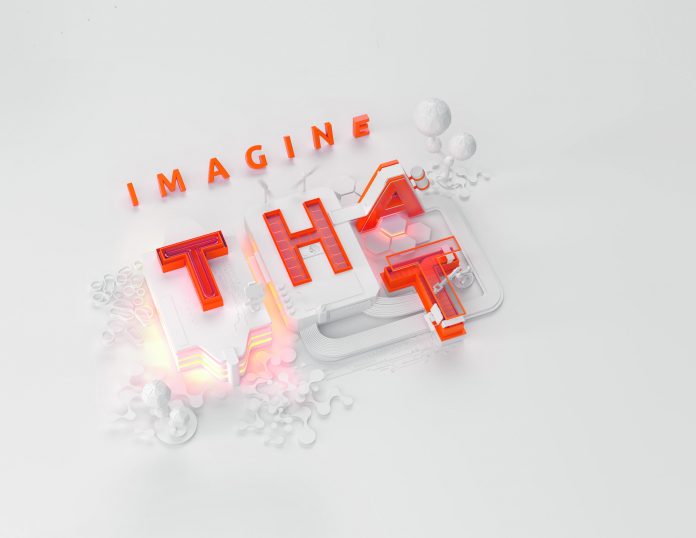Johannesburg – Many of the students walking through the (literal and virtual) gates of universities today form part of Generation Z, a generation that has never known a single day without the Internet.
They’re the first cohort of truly digitally savvy students.
They are equally comfortable in both real and virtual worlds and accept constant change as a given. What does this mean for how they access, understand and interpret information? How should universities be shifting their teaching and learning methods to take these ways of thinking into account?
An Integrated and Interactive Learning Experience
Innovation in the teaching and learning space doesn’t mean making course material available online – the mere idea would induce eye rolls from any Generation Z student. Instead, it means integrating technological advances into ordinary classrooms in ways that are meaningful, compelling and effective.
Imagine using augmented, virtual or extended reality (AR, VR and XR) to enable students to experience an operating theatre, the heart of a volcano or Mars first-hand.
“We have an obligation to put people at the centre of teaching and learning and to put technology at the service of people,” explains Professor Thea de Wet, Director: UJ Centre for Academic Technologies at the University of Johannesburg (UJ).
The Impossible Is Here
While some of these suggestions might sound outlandish and impossible, the truth is that they’re already a reality in many departments at UJ.
The School of Tourism and Hospitality uses a virtual laboratory and simulation training to help students gain a better understanding food production.
The Mine Engineering and Mine Surveying department, has created a virtual mine to supplement teaching and learning, which enables students to experience life inside a mine shaft and to be able to understand the environment in a safe and controlled way.
When it comes to teaching and learning, technology can’t be an add-on or a gimmick.
It’s got to be properly integrated into the design of modules, from inception through to outcome. The result is an active learning environment filled with students who are stimulated and inspired.
Rethinking and Revising Responsibilities
Sitting in the sweet spot between high school and work – the point at which passions are often found and nurtured – universities have a special role to play.
They’re uniquely placed to give students access to information and opportunities that will properly prepare them with the skills they need for tomorrow’s unpredictable technological advances. The time for radical thinking has come– and it starts with universities.
If you want to have a say in what your future is going to look like, and ensure that your voice and your views are based in confidence and knowledge, then the place to start is with the imagination.
That’s why, at the University of Johannesburg – 4IR thought-leader in Africa – we haven’t just looked at the future, we think about it again and again, because we believe that the future belongs to those who reimagine it.
For more information on how the Fourth Industrial Revolution will impact your future and career choices click here.
Follow @SundayWorldZA on Twitter and @sundayworldza on Instagram, or like our Facebook Page, Sunday World, by clicking here for the latest breaking news in South Africa. To Subscribe to Sunday World, click here.
Sunday World



